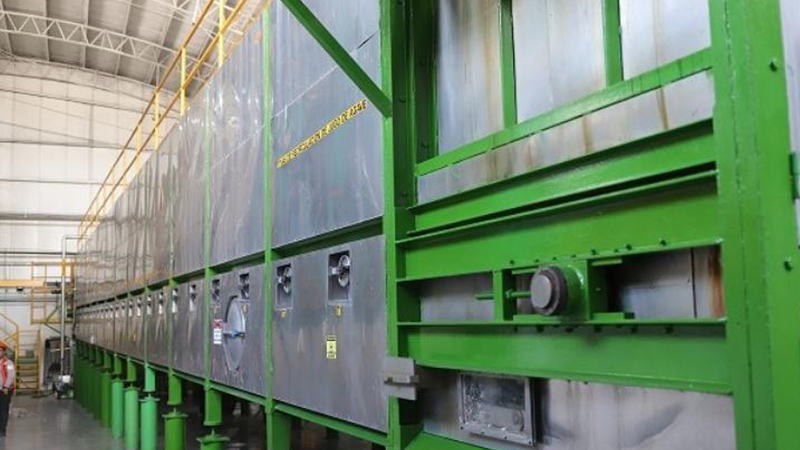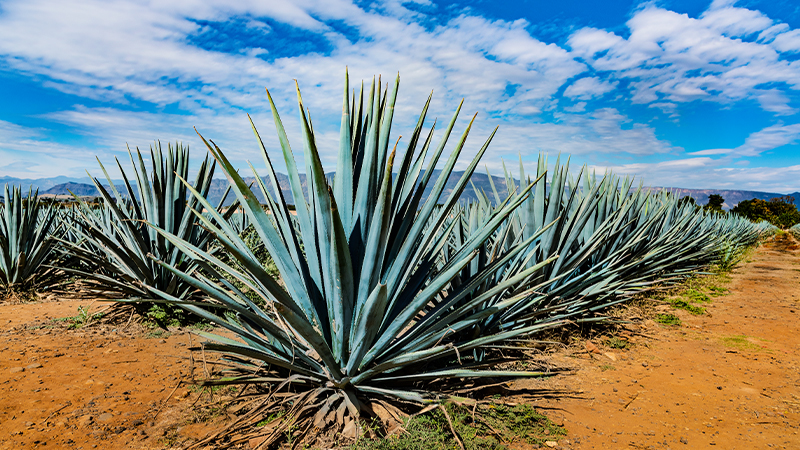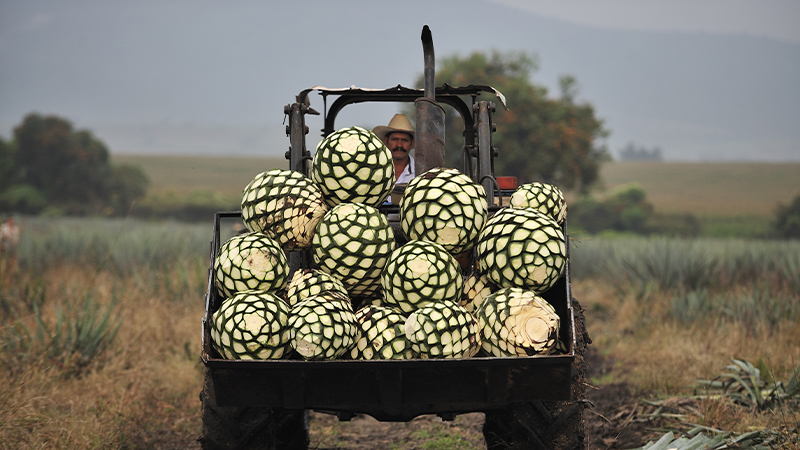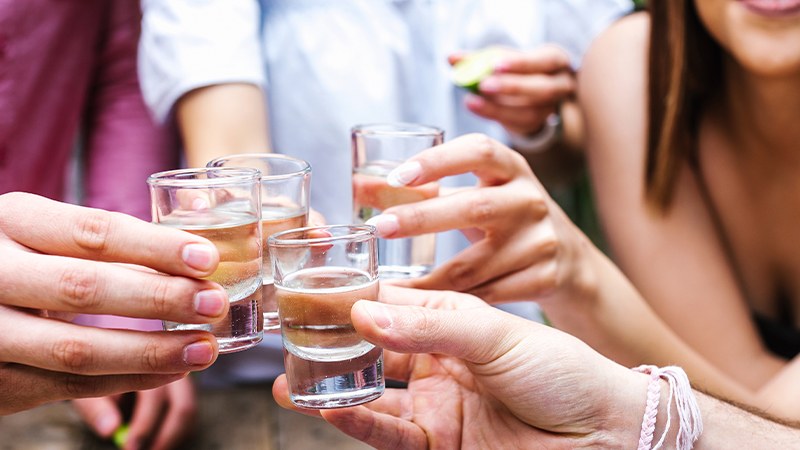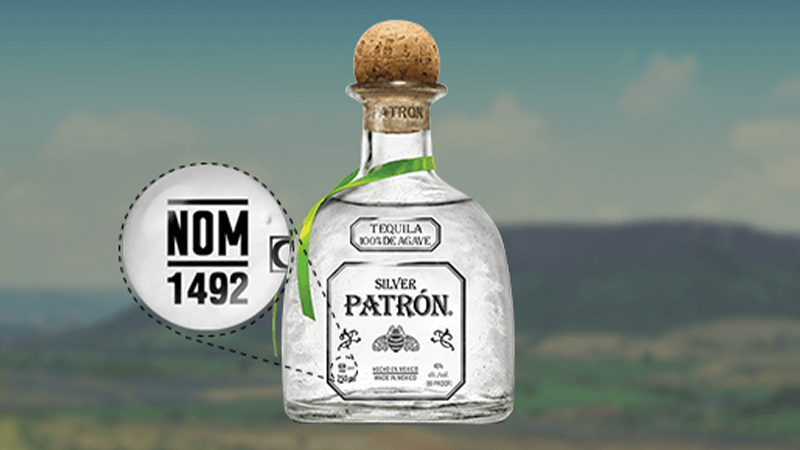Today, as agave continues to trend, tequila options lining liquor store shelves — be they celeb-branded or craft blended — have never been more versatile. After several booming years of sales and plenty of social media hype, the agave spirit has become one of the most sought-after spirits in the U.S. And whether you prefer it mixed in a Margarita, served as a shot with salt and lime, or served neat, quality is key.
With the growing number of brands entering the market, finding exceptional tequila can be a challenge at a bottle shop — and perhaps even more difficult when ordering out at a restaurant. That’s why we turned to the pros to share their tips on exactly what to look out for when ordering tequila.
From production, style, and sustainability practices, these eight bartenders share guidance for making the most of your next tequila encounter. Read on for their expert advice.
What to Look Out for When Ordering Tequila, According to Experts
“Rather than specific brands to avoid, look for tequilas that don’t use diffusers or any additives, and are instead relying on good production practices. Many popular tequilas that taste like vanilla or are sweet usually have additives and, in my opinion, don’t showcase the natural qualities of the spirit.” — Eric Johnson, beverage director, Waverly, San Diego
“I would recommend looking out for a 100 percent blue agave reposado tequila because of the smoothness and flavor that come from its time spent in the barrel. Don Julio and Cava de Oro Reposado Tequila are good examples of quality reposados that can be enjoyed neat as well as on the rocks and in cocktails.” — José Valle, bartender, Drift Hotel, San José del Cabo, Mexico
“When looking for tequila, hype isn’t always the best. There are a lot of producers that do not advocate for the families and farmers in surrounding villages, nor for the land. Agave is a plant that should be carefully cultivated and replanted often; one that needs as much care and love as the finished product. I’d suggest doing a little research first before grabbing the bottle you’ve heard of or seen in ads.” — Nicholas Gergen, beverage director/certified sommelier, Juniper and Ivy, San Diego
“Agave has been a sacred plant to the people of Mexico for thousands of years. Unlike other spirit ingredients such as grapes or grains, it takes years for these living plants to mature for harvest. The process is a slow one that should be honored and respected — especially when we consider sustainability. People should drink and buy tequilas from producers that are committed to making quality tequila that follows these principles.” — Jesse Torres, freelance bartender, Crested Butte, Colo.
“With ever-increasing demands by foreign consumers for agave distillates and the challenges regarding the agave crops themselves, brands have to remain agile while developing processes to be more efficient and remain competitive. The emergence of diffuser technology among large producers is changing the flavor of tequilas, and not for the better. Ultimately, people need to lean into a different approach and really enjoy the vast array of flavors and terroir that’s associated not only with tequila but other agave distillates.” — Stephen O’Halloran, bar manager, Camino Riviera, San Diego
“As a consultant, I look for brands that offer both cost-effectiveness and uncompromising quality. The joven tequila category is particularly interesting for cocktails. Libélula Tequila offers blends of age statements within the same bottle, giving dimension without blowing up cost.” — Lauren Paylor, beverage consultant/owner, Focus on Health, Washington, D.C.
“When trying something new, I like to go off the NOM number on the product to know where it is produced and what else the distillery makes.” — Lynnette Marrero, bartender/co-founder of Speed Rack
“Not all tequilas are created equal. First, and at a bare minimum, the bottle should read 100 percent blue agave. Ideally, it shouldn’t have additives, but because many of the celeb-owned tequilas out there are full of glycerin and flavoring to make it so-called “smooth,” that’s not always a given. — Ivy Mix, co-owner of FIASCO! Wine and Spirits, Brooklyn

